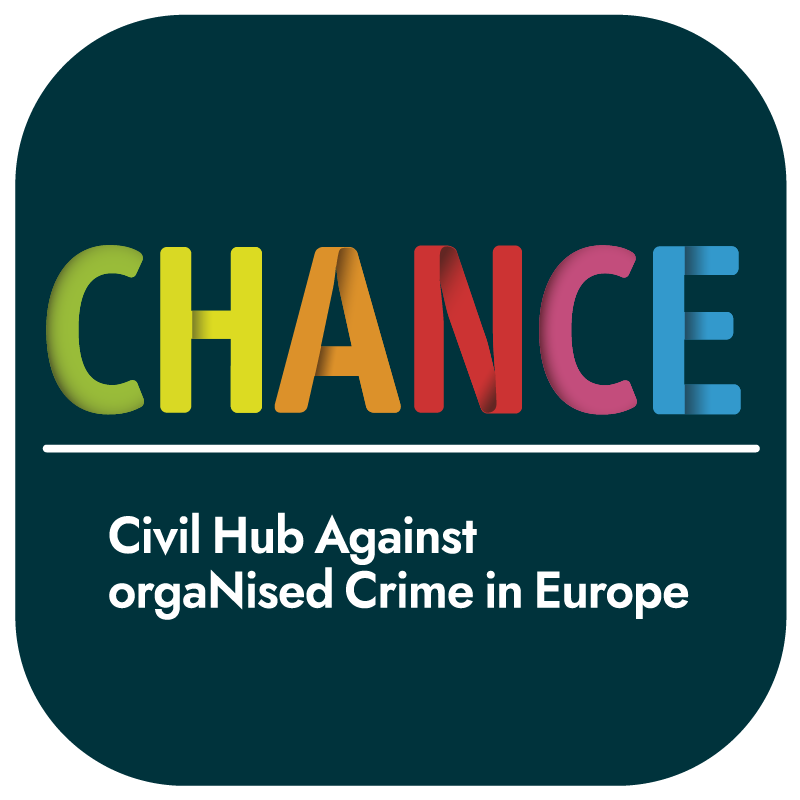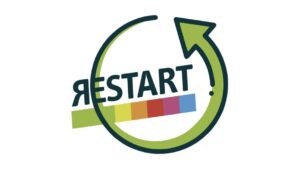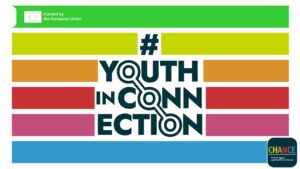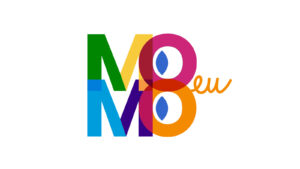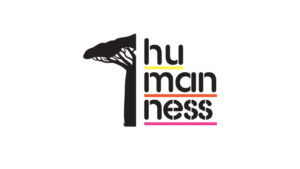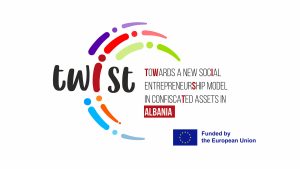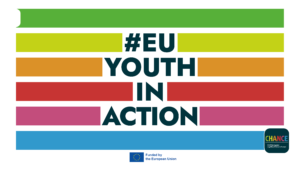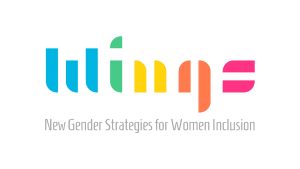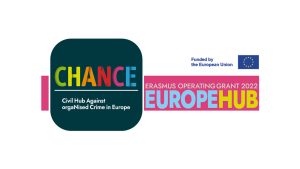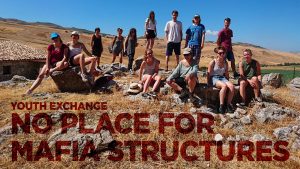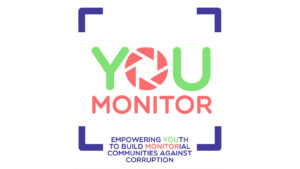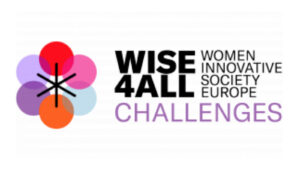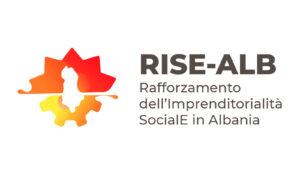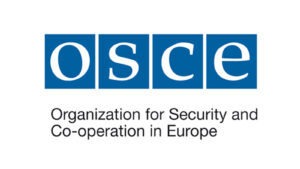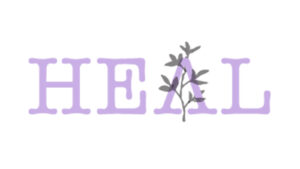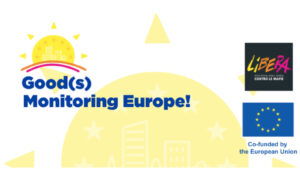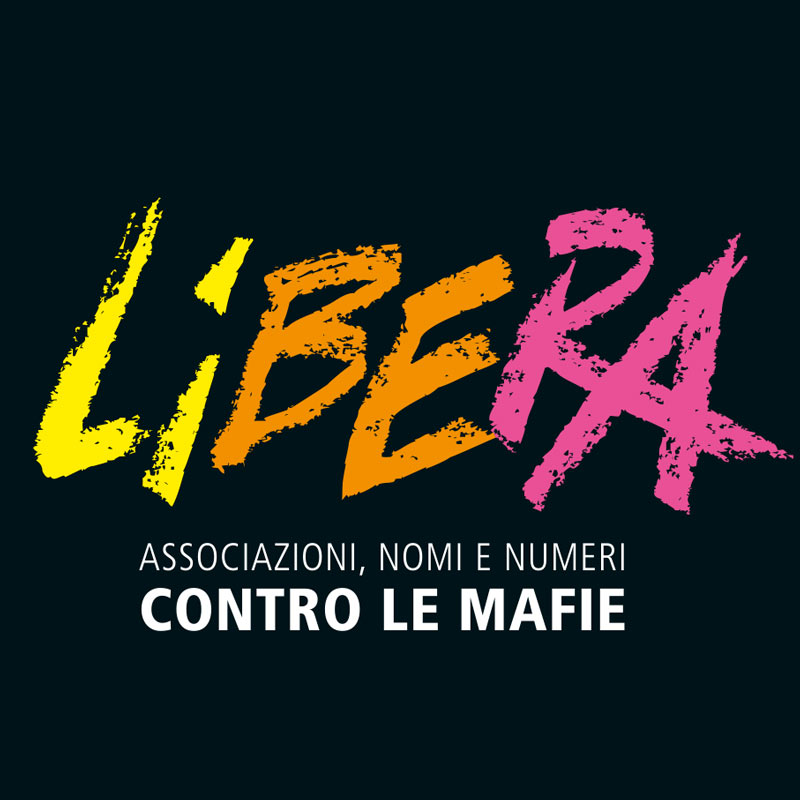A new paradigm to protect the EU core values and strengthen democratic participation through the public and social reuse of assets.
RESTART is a new initiative implemented by Libera (IT) involving 4 European partners members of the European informal network CHANCE : BASTA (BE), Eine Welt (DE), Repubblika (MT) and ACDD (RO). The project aims to foster a concrete commitment from EU citizens in solidarity actions and democratic participation, in order to counter the increasing impacts of organized crime, more and more noticeable since the Covid-19 pandemic and the start of the Russia-Ukraine conflict. EU citizens will consider their key role in the protection of fundamental rights and the promotion of social justice and cohesion through a participation in public and social projects promoting democratic legacy, mainly related to unoccupied, confiscated and abandoned assets. Specific activities will be proposed according to the specific context, the subject and the target groups, all aiming to achieve common goals :
KEY OBJECTIVES :
- Boost democratic participation and increase citizens’ awareness of their active role in protecting fundamental rights and promoting social justice for the promotion of a culture of democratic legality and for the participation in the decision-making process on the fight against organized crime and corruption through cooperation
- Establish a democratic and continuous dialogue among young citizens, their community, and other relevant stakeholders in order to regain control of the territory – as the geographical space – through the social reuse of assets, and activate collaboration among them across the EU in the field of social justice
PROJECT ACTIVITIES :
The project RESTART will consist of 6 events (1 National Forum and 5 National Participative open-capacity building camps) reaching hundreds of EU citizens, CSOs and National/EU policymakers and stakeholders from diverse social contexts and backgrounds.
Starting by mapping all the good practices on public and social reuse of confiscated, unoccupied and abandoned assets in Italy and providing therefore an overview of the existing experiences, the project will later focus on a two days strategic online meeting addressed to the network of management entities of confiscated assets from different Italian regions in order to elaborate a common Manifesto about challenges and opportunities raised by the social and public reuse of assets in the country. These online meetings will discuss the strategy of revitalizing the public and social re-use of assets, the participatory tools to avoid sale and privatization of confiscated assets and the mechanisms of assignment at the seizure stage.
The organization of a National Forum on public and social reuse of assets in Italy, involving hundreds of participant among CSOs, active citizen, managing entities of confiscated assets of different Italian regions and other relevant stakeholders, to discuss the opportunity raised by the public and social reuse of assets in generating a more sustainable and inclusive economy for all society groups and mainly young people. The Manifesto created during the strategic online meetings will be presented during this national Forum on the challenges of the social reuse of assets.
Each partner of the project RESTART (Germany, Malta, Romania, Belgium, Italy) will organize a three days National Participative open-capacity building camps involving 20-25 participants aged between 18 and 35 in several workshops, debates and field visits on the topic of the public and social reuse of unoccupied, confiscated and abandoned assets and the related issues such as democratic values, active citizenship, social and environmental justice, media literacy, civil discourse, fight against organized crime, corruption and human trafficking. These camps will aim to raise awareness on the topic of social and public reuse of assets and the positive impact on the economic and social model and community development. It will provide insights and guidelines on the role of active citizenship in preserving social justice and cohesion by the implementation of innovative non-formal education methodologies and activities, strategically used to open dynamic discussions and encourage active participation among the participants.
